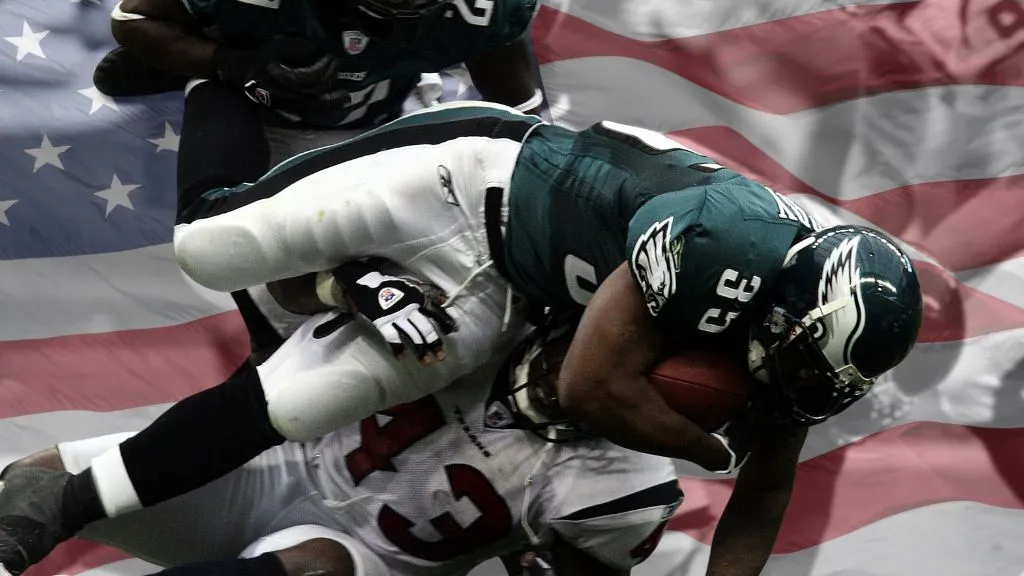
Federal Minimum Standards
The SAFE Bet Act, short for "Supporting Affordability and Fairness in Every Bet," was introduced in response to the rapid growth of sports betting following the Supreme Court's 2018 decision to allow states to legalize it. The bill requires states offering sports betting to meet minimum federal standards and to submit an application to the Department of Justice for approval. These standards include strict regulations on the timing and manner of sports betting advertisements, deposit limits, and prohibitions on certain uses of artificial intelligence.
Senator Blumenthal claims that the current situation with sports betting is "out of control" and requires federal intervention. Although the bill does not seek to completely ban sports betting, it would require a "national prohibition" unless states comply with the newly proposed regulations.
Addressing Affordability and Artificial Intelligence Issues
The SAFE Bet Act aims to ensure that sports betting operators make betting affordable for gamblers. A key provision would limit players to a maximum of five deposits within 24 hours and prohibit the use of credit cards for deposits. Additionally, operators must conduct financial checks on users who bet over certain limits—specifically, $1,000 in a day or $10,000 in a month. If a bettor's gambling expenses exceed 30% of their income, they would be restricted from further betting.
The most controversial part of the bill may be the prohibition on using artificial intelligence to track betting behavior and customize personalized offers, as well as the ban on micro-betting and other AI-driven products. Blumenthal expressed concern about the role of AI in gambling, particularly its potential to exploit vulnerable players.
Advertising Restrictions
The SAFE Bet Act also targets sports betting advertisements, proposing a ban on advertising between 8 AM and 10 PM local time and during live sports broadcasts. The bill would also limit the use of promotional language such as "bonuses" or "odds boosts" that encourage betting and prohibit advertisements that explain how to gamble.
Representative Tonko expressed concerns about celebrities endorsing gambling through advertisements, stating, "It is unacceptable to promote gambling through influential figures and media celebrities, especially to vulnerable groups including children."
An Industry "Slap in the Face"
Chris Cylke, Senior Vice President of Government Relations at the American Gaming Association (AGA), criticized the bill, arguing that it undermines the progress made by states in regulating the gambling market.
Cylke stated: "Introducing a harsh federal ban is an insult to state legislatures and regulatory bodies that have invested time and resources in creating responsible frameworks for their own markets."
"Today, regulated sports betting operators are contributing billions of dollars in state taxes across America, protecting consumers from dangerous neighborhood bookies and illegal offshore sites, and working closely with over 5,000 state and tribal regulatory bodies and other stakeholders to ensure a commitment to responsibility and active engagement," he added.
Opponents also include industry organizations representing sports betting operators, such as iDEA Growth, who called the bill an unnecessary intervention that hinders states' ability to manage their markets. The industry association claimed: "While we strongly support efforts to promote responsible gambling and protect players, this legislation represents an unnecessary and harmful overreach by the federal government into an area that has been successfully regulated at the state level."
Concerned about the effects of channelization, they added: "The federal government risks pushing more consumers towards unregulated illegal markets—where there are no protective measures. Congress should not impose unnecessary restrictions on legal, state-licensed sports betting operators but should use its power to work with states to shut down blatantly illegal offshore sports betting."
Despite criticism, Tonko and Blumenthal defended the necessity of a federal framework. "We're not telling states what they can and cannot do. We are establishing the minimum standards they need to meet," Blumenthal explained. States will still have significant control over their sports betting markets, but must meet the federal standards outlined in the SAFE Bet Act.









